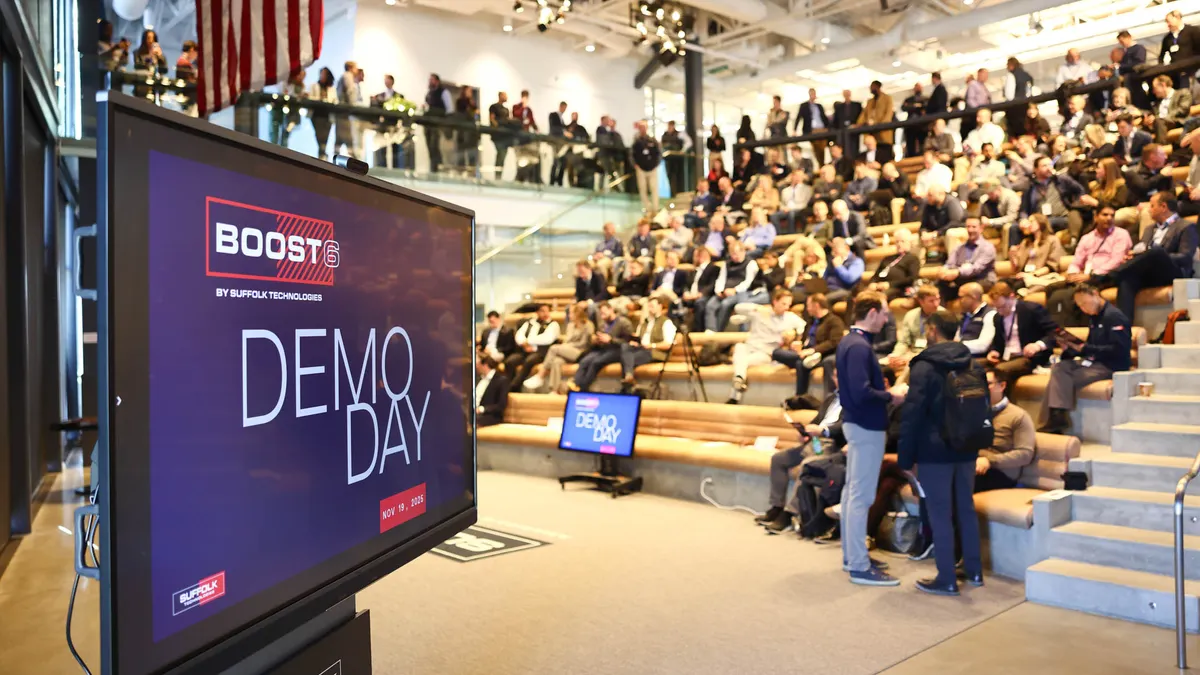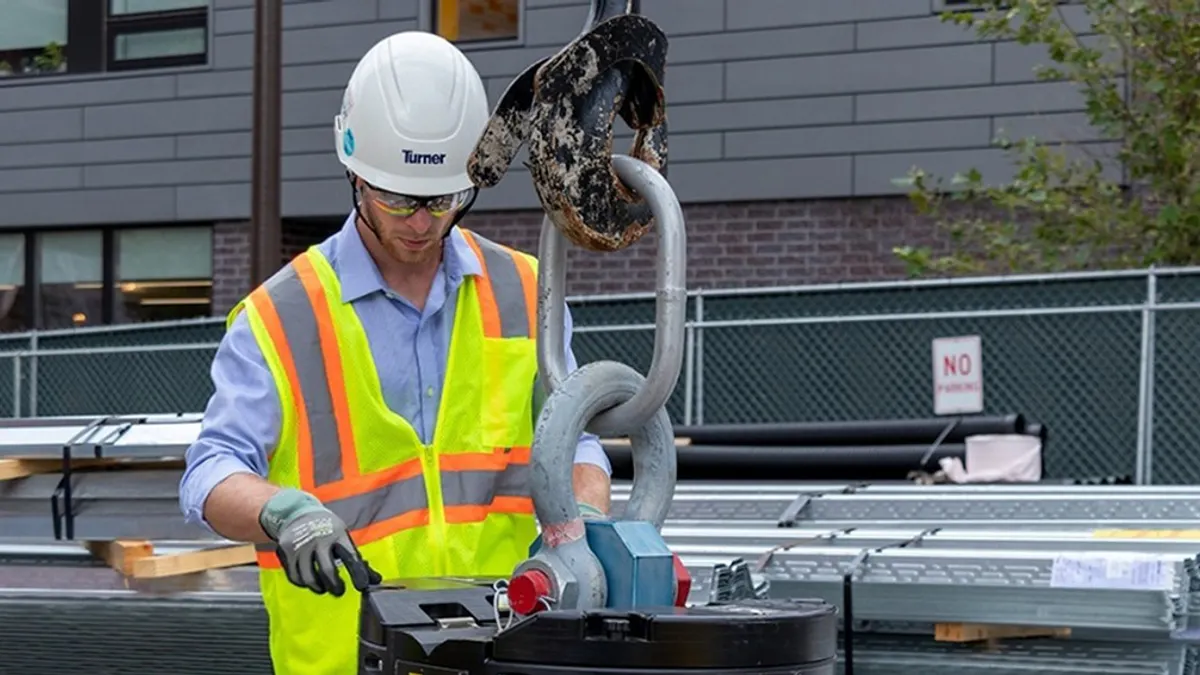The San Diego sun set on day one of PCBC, and we’re here to provide you with the pertinent details you missed from the colossal homebuilding show. We’ll have more updates in the coming days about interesting products and design trends. But for now, we’ve rounded up the six most important pieces of advice for homebuilders from experts throughout the day. These tips were more than just passing suggestions from one or two industry professionals; they popped up several times during interviews, panels and on the showroom floor. Here is the best advice for builders from PCBC so far:
Know the buyers
Tom Grable, division president at TRI Pointe Homes, emphasized the need for builders to avoid the trap of focusing on the present, rather than looking ahead. "We struggle with planning for what’s the next best thing early out. Our industry is traditionally more reactionary," he said during a panel discussion Wednesday.
The process to plan a new community can take years to execute. Oftentimes obtaining the proper permits and permissions lasts longer than the actual building of the structures. Builders too often get left behind when they fail to predict how customers and preferences will change years down the line.
And what’s on the horizon? That’s right, millennials. The difficult-to-define and immensely powerful generation was a hot topic throughout the first day of the show.
Grable said part of the hype surrounding the cohort stems from the difficulty in defining who exactly they are. "Based upon our research, millennials aren’t really quantifiable as one group. It’s many different groups, many different tribes," he said. "There’s 80 million of them, and you can’t ignore 80 million of any market. Trying to quantify what is important to them is our challenge for the future."
Look beyond residential industry for inspiration
Homebuilders can easily fall into the routine of staying within the industry's confined limitations, according to Randall Lewis, executive vice president of the Lewis Group of Companies. "We’re the industry of mimics," he said during a panel discussion Wednesday.
So where can builders turn for fresh ideas? Lewis pointed to new innovations in cars, hotels, resorts and cruise ships as sources of valuable information. He specifically discussed Apple, Tesla and Netflix as innovators across all industries. Those companies, he said, can help inspire homebuilders to think outside the box they so often fail to leave.
Build for move-down buyers
Behind millennials, baby boomers topped the list of most talked-about subjects during Wednesday’s events. (Gen Xers seem to be somewhat lost in the middle of the other generations with more buying power). According to Colleen Sharp, vice president of advisory services at The Futures Company, baby boomers are "redefining what retirement is." A significant portion of the generation is unprepared for retirement, and therefore needs to look for ways to cut costs and downsize.
Peter Dennehy, Senior Vice President of Meyers Research LLC , told Construction Dive, "There are more move-down buyers than ever before." Homes need to be flexible for those people with a variety of reasons for downsizing, such as having older parents move into their home, he said.
Consider affordability
Despite the extravagant nature of a good portion of the houses and products discussed at PCBC, experts were quick to caution builders to recognize the growing home affordability crisis in the U.S., especially in major cities like San Francisco, Los Angeles and Washington, DC.
Nick Lehnert, executive director of KTGY, said during a panel, "You get oversized to the point where the price gets unattainable to the consumer." Builders should consider the design trends they use for more expensive homes and translate them into affordable options, Lehnert said.
If homes start to swing back in a more affordable direction, the long-awaited millennials may be more willing to take the leap into ownership. The areas seeing the highest demand from millennial homebuyers are often those with the most affordable options, according to Dennehy.
Offer more customization
It’s no secret that consumers are constantly asking for more customization options. Where builders could once offer two or three options, they can now offer thousands. "Our buyers at all levels really love having more choices than ever before," Grable told Construction Dive.
Dennehy described the current consumer as a part of the "you want what you want when you want it" economy. This attitude toward products isn’t exclusive to millennials either. "All these trends kind of work their way up," he said.
To adapt to these demanding preferences, builders need to create properties with options that are flexible and attractive for all types of consumers. "Mass customization is really a challenge, but it's a great opportunity too."
Take caution when considering expansion
As builders continue to grow and see more success, it's tempting to expand into other markets and add to their repertoire. It's not uncommon for the larger firms to include divisions for urban, active adult, starter buyers and more. But Dennehy cautions that builders — especially the larger ones that are more tempted to add more segments — should make sure they can successfully execute each division rather than rushing into an area where they might struggle.
"I think it's really hard to be an 'everything for everyone builder,' " Dennehy said. "If you can do it on multi-levels it's good, but it's hard to do everything really well. You have to be really good at it."
Expansion through mergers, however, is a whole different story. The major Standard Pacific/Ryland merger announced last month has left many speculating about a wave of mergers and acquisitions in the homebuilding industry after a dry spell.
Dennehy predicts that more deals will soon emerge, but he noted that the Standard Pacific/Ryland merger was particularly well-suited for those two firms operationally — a key factor other builders considering similar deals need to keep in mind. "You have to think about culture, how you operate and build. It can be an extremely congenial merger or not," he said. "I think we’ll see more of them. They’ve now accessed money to grow."





















